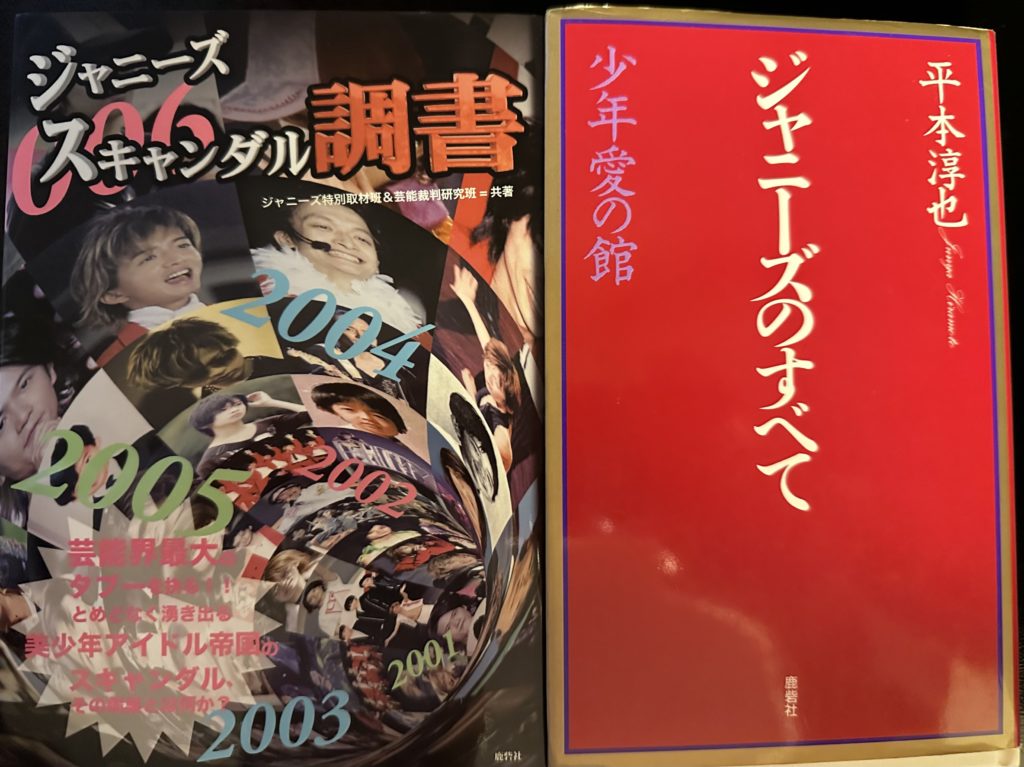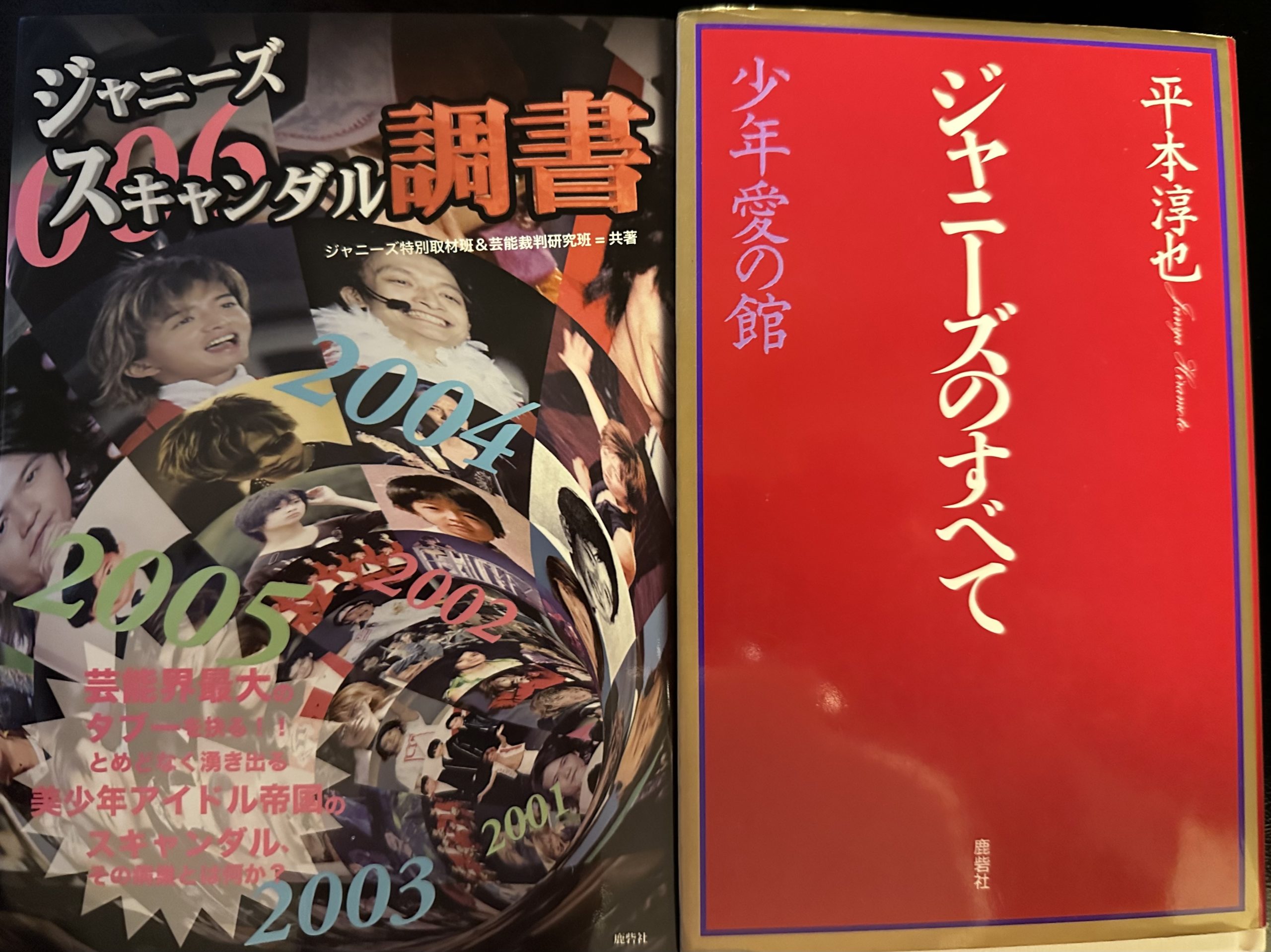Tokyo – On August 29, Japan witnessed the unfolding of one of its most controversial entertainment revelations. The scandal surrounding the late Johnny Kitagawa, former president of Johnny & Associates, who passed away at 87, was once again brought to the fore. At a press conference, an external expert team formed to prevent recurrence, after nearly three months of investigation, confirmed allegations of sexual misconduct by Kitagawa. And in an unsparing report, they chastised Japan’s cowardly media for their role in enabling Kitagawa’s reign of terror.

The team, led by a former prosecutor, contradicted previous statements by the company, noting that the company was aware that Johnny Kitagawa was routinely sexually assaulting the young boys in his talent agency, some as young as 12. They pointed out that Johnny used his power to make or break a young “idol” to intimidate the boys, hundreds of them, into satisfying his perverse sexual desires. The company knew this and aided and abetted him, sometimes telling those young boys brazen enough to protest, “If you want to make it big, you have to put up with it (sexual assault and sexual harassment).”
The team recommended that Julie Fujishima, his niece and the current CEO, resign to take responsiblity.
However, what is more alarming than the truth of the allegations is the role of the media. A section of the investigative report highlighted the media’s silence, indicating a possible suppression of information.
Historically, some weekly magazines had reported the crimes of Kitagawa in detail. Yet, the mainstream media largely turned a blind eye until March 2023 when BBC aired a special program on the subject. It wasn’t until former Johnny’s Jr. members held a press conference to report their victimization that the issue began to receive wider attention.
Interestingly, as far back as the early 2000s, Johnny & Associates had sued the magazine Bungei Shunju (Shukan Bunshun) for defamation. Despite the entertainment agency essentially losing and the court acknowledging the truth of the sexual misconduct allegations, the verdict barely made headlines. The media’s strangely subdued reaction raises questions about its impartiality and commitment to the truth.
Further testimonies from the Tokyo District Court’s decision on the lawsuit against Bungei Shunju revealed that many within the media industry saw Johnny & Associates as a formidable power. Any negative news about the agency was deemed taboo. Mary Kitagawa, a key figure in the agency, was said to have direct lines to broadcasting network presidents, often demanding changes if something displeased her.
Given these intricacies, one can deduce that the Japanese media, including television networks, might have hesitated to report on Johnny Kitagawa’s alleged misdeeds. There’s an underlying fear that covering these allegations might jeopardize opportunities for Johnny & Associates talents to appear on their shows or in their publications. This sentiment resonated during the victims’ interviews, with many pointing out that the media perhaps felt compelled to stay silent due to the company’s towering position in the entertainment industry.
The muted response and actions of the media, combined with the agency’s evident lack of self-purification and its strengthened culture of concealment, indirectly enabled the continuation of the alleged misconduct. This lack of accountability and oversight, tragically, led to more victims.
Concluding Thoughts: The Japanese media’s restrained reporting reveals a larger problem of corporate influence and the challenges of maintaining journalistic integrity. It’s a glaring reminder that in order to protect society’s vulnerable, truth and transparency must always be prioritized.
